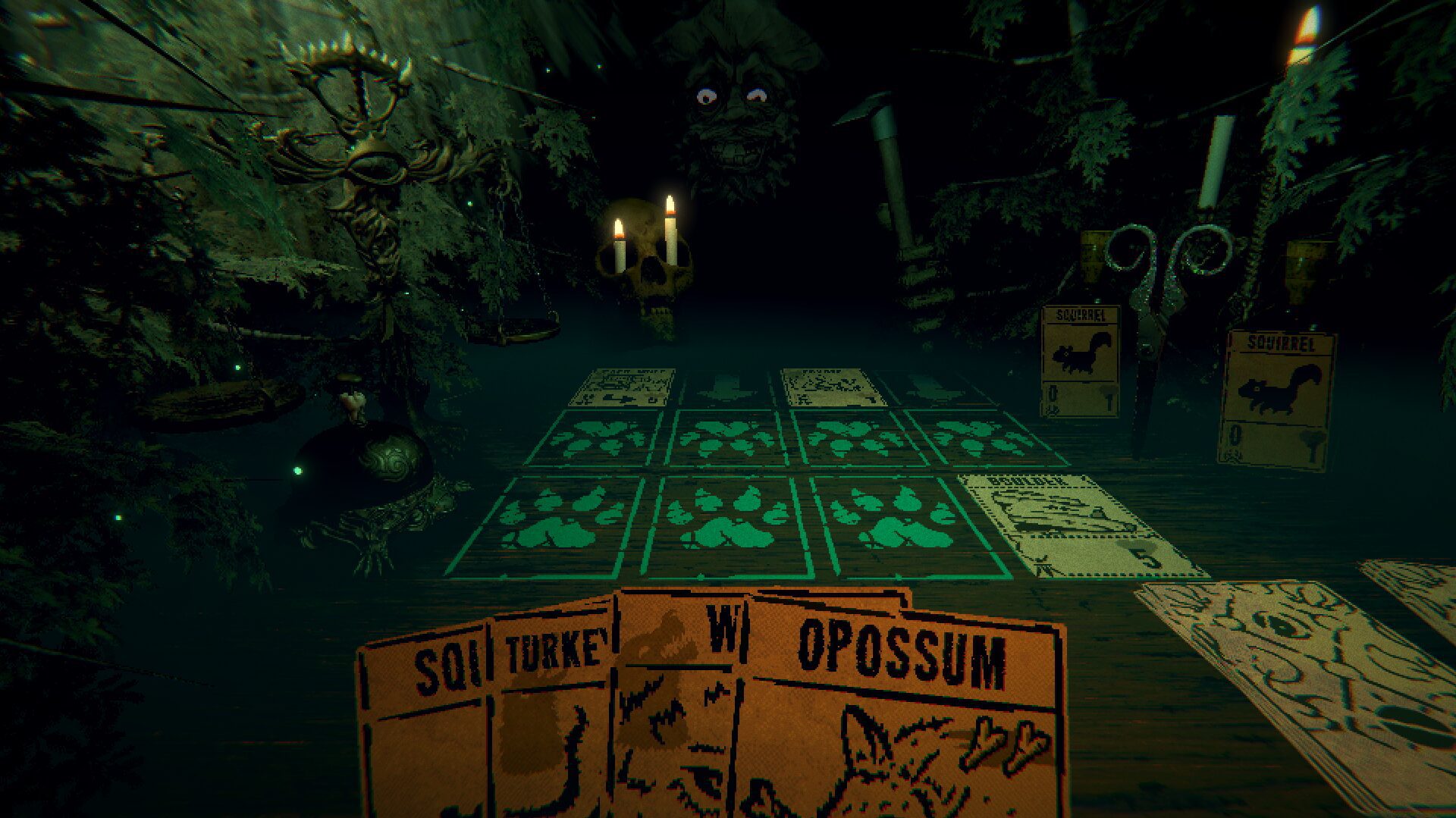The world’s largest genetic library for beans, cassava and tropical forages has been officially opened in Colombia. It’s aim: to preserve plant biodiversity and support cutting-edge agricultural research.
The Future Seeds genebank, situated near Cali in Colombia, is managed by global research partnership CGIAR’s Alliance of Bioversity International and the International Center for Tropical Agriculture (CIAT). It provides long-term conservation for the world’s largest collections of crops, including two of the most important staples in the Global South along with the plants eaten by livestock.
Crop breeding for climate resilience
Climate change is expected to reduce crop productivity by 5% for every degree of warming above historical levels, according to CGIAR forecasts. This alone presents a significant challenge to global food security.
By offering genetic material free-of-charge to researchers breeding new varieties of crops that will be able to withstand the impact of extreme weather conditions and rising temperatures, the organisations hope scientific developments will help mitigate some of this risk.
“The material conserved in the genebank is freely available to researchers around the world to develop new and improved varieties of the most important staple crops. CGIAR breeding programs will also continue to make use of the samples in Future Seeds to develop crops that are more climate and pest resilient, and more nutritious,” Marcela Santaella, Genebank Operations Manager at the Alliance of Bioversity International and CIAT, told FoodNavigator.
“At present, we have at least a dozen ongoing research projects related to developing new, resilient seed varieties targeted at conditions farmers across the tropics are either already facing, or are expected to face, under a changing climate. Future Seeds will expand our capacity to collaborate with more scientists across the globe.”
The Future Seeds facility builds on the Alliance’s decades-long record of maintaining global collections. These span of tens of thousands of varieties of crops and the Alliance had outgrown its capacity. The collection includes more than 37,000 samples of beans from 114 countries, 6,000 cassava samples from 28 countries and 22,600 samples of tropical forages from 75 countries. Ranging from grasses to trees, forages are critical to smallholder livestock farmers across the globe.
Infrastructure to support innovation
Sustainability is at the heart of the new facility, right down to building design. The new building offers 30% more storage space and incorporates solar energy, thermal control and rainwater harvesting. If the application is successful, it could become the first genebank in the world to meet the criteria for platinum-level Leadership in Energy and Environmental Design (LEED) certification.
Related infrastructure includes robotics, drones and artificial intelligence to accelerate the analysis of crops to help scientists identify and incorporate traits into new varieties that can better cope with extreme conditions. The facility makes use of predictive AI models to help scientists pinpoint habitats where important crop biodiversity may exist, as well as cryopreservation for the long-term storage of crop genetic material in temperatures of -196C (-320F). It also includes a digital knowledge bank where the sequence information of plant DNA can be accessed and analysed.
These technologies can help speed adaption efforts and preserve biodiversity, we were told.
Joe Tohme, Director for Crops for Nutrition and Health at CIAT, elaborated: “New AI-powered technology tied to Future Seeds includes a rover developed by X’s Project Mineral. The experimental technology vastly speeds up the collection and analysis of data plant breeders need to develop new, improved crop varieties.
“We are also using cutting-edge predictive technology to help locate the last reserves of crop diversity and find the dwindling number of wild relatives, which can hold key traits for climate adaptation, productivity, pest and disease resilience and nutrition. This is critical for identifying and preserving these species before their ecosystems are lost to urbanization or environmental stress.”
The seeds of success
Looking at priorities for seed development, scientists are working on characteristics like heat tolerance and resilience to water stress. Areas like biofortification also afford the opportunity to increase the nutritional density of staple crops and address population deficiencies. This is particularly relevant to support population health in the Global South.
All of this is vital for future food security.
“The Future Seeds genebank will allow scientists to continue to fine-tune crop varieties for increasingly extreme conditions, including heat and drought tolerance,” Juan Lucas Restrepo, Global Director of Partnerships and Advocacy at CGIAR and, Director-General of CIAT told us.
“By categorizing more of the collection for beneficial traits, we can also accelerate improvements in nutritional content as well. We have already produced high-iron beans from samples in this collection, and some studies have shown that drought and heat stress, as a result of climate change, could reduce the amount of iron and other minerals in common foods such as beans.”
To date, the open-source back catalogue of crop material has allowed scientists to identify genes that have led to the development of 550 improved varieties of beans for sub-Saharan Africa, including heat-tolerant and high-iron beans, as well as cassava roots enriched with pro-vitamin A content. The result is crop varieties that are better for people and planet with improved diets as well as yields.
Future Seeds is one of 11 genebanks run globally through the CGIAR network of agricultural research organizations. Restrepo stressed that these resources are vital to efforts to future-proof the food system and boost environmental and social sustainability.
“We need every tool in the toolbox to assure future agricultural production keeps up with pace of change in weather and climates. The latest IPCC report highlights that improved modern varieties of crops play an important role in allowing smallholders, who produce up to 70% of the world’s food, to adapt to climate change and rising temperatures.
“Breeding hardier, more resilient and more nutritious crops can help address many of our global challenges from food security and poverty to malnutrition.”
Note: This article have been indexed to our site. We do not claim legitimacy, ownership or copyright of any of the content above. To see the article at original source Click Here










/images/6bca4824/c0b9/4f41/8a6e/2dc31cdfd064.jpg)


